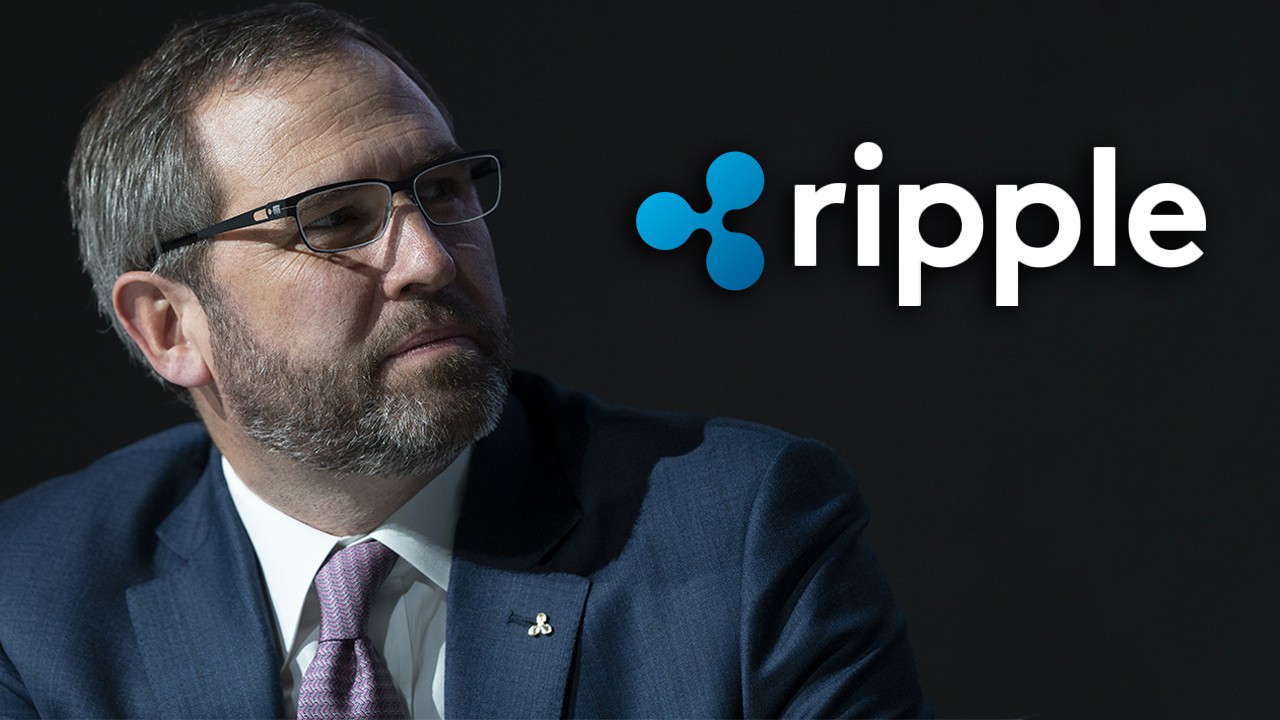
In a recent appearance on BBC News, Ripple CEO Brad Garlinghouse brought cryptocurrency into the mainstream spotlight, focusing on XRP and the pressing need for regulatory clarity in the United States. This high-profile interview comes at a time when XRP has been experiencing notable gains, catching the attention of both crypto enthusiasts and traditional financial observers.
During the interview, the BBC host acknowledged XRP as one of the top-performing cryptocurrencies in recent days, a recognition that has bolstered the spirits of XRP supporters. Garlinghouse used this platform to address the critical issue of regulatory uncertainty in the cryptocurrency space, particularly in the United States.
The Ripple CEO emphasized that XRP and Bitcoin are currently the only two cryptocurrencies in the U.S. with explicit regulatory clarity. This leaves a vast majority of the crypto market operating in a gray area, which Garlinghouse argues is detrimental to innovation and growth in the industry.
Garlinghouse drew attention to the contrasting approaches taken by countries like the UK and Japan, which have implemented clearer and more transparent regulations. These frameworks allow crypto companies to understand their obligations and operate with confidence, fostering an environment conducive to innovation while still protecting consumers.
The CEO expressed concern over the U.S. Securities and Exchange Commission's (SEC) broad approach to regulation. He criticized the agency for attempting to label all cryptocurrencies as securities without establishing consistent, practical rules. According to Garlinghouse, this enforcement-first approach, rather than creating clear guidelines, has left the industry in a state of uncertainty.
The appearance of Ripple's CEO on such a prominent global news platform underscores the growing mainstream interest in cryptocurrencies and blockchain technology. It also highlights the increasing pressure on regulatory bodies to provide clear and constructive frameworks that balance consumer protection with innovation.
As the cryptocurrency market continues to evolve and gain traction, the need for regulatory clarity becomes increasingly urgent. Garlinghouse's call for action on BBC News may serve as a catalyst for broader discussions on how to create a regulatory environment that supports the growth of digital assets while safeguarding investors' interests.
The interview has sparked renewed interest in XRP, with many in the crypto community speculating about potential short-term price impacts. However, the long-term implications of regulatory clarity remain the primary focus for Ripple and many others in the industry.
As the world watches how regulatory bodies, particularly in the United States, respond to these calls for clarity, the cryptocurrency market stands at a crossroads. The outcome of this regulatory debate could shape the future of digital assets and blockchain technology for years to come.